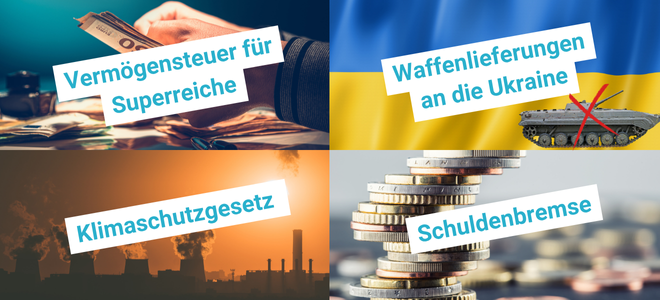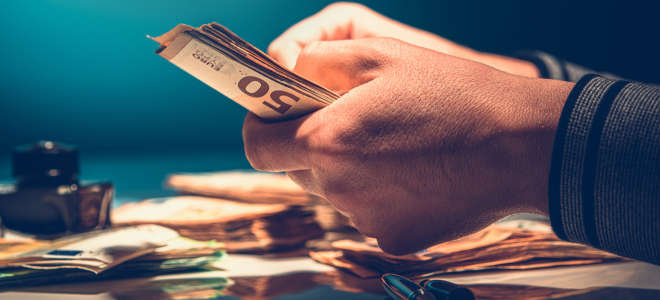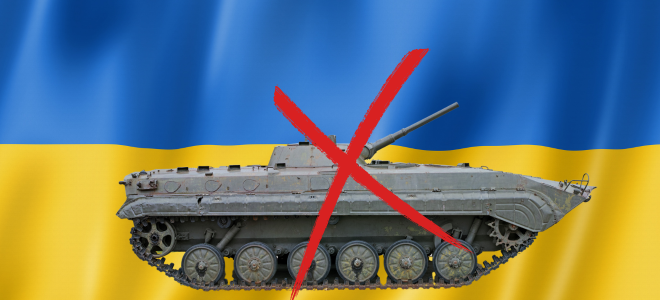
Deutschlands 4. bundesweite Volksabstimmung
Election management
Votes
status
Election statistics
Votes - 50.9%
unused ballot paper orders - 49.1%
Publication of the result
Summary
Approved by majority vote: 2/4 Topics
Rejected by a majority: 2/4 Topics
Voter turnout
Online reviews: 12,922 submitted by 20,580 eligible voters
Postal ballot votes: 50,142 submitted by 103,381 eligible voters
Results

Stimmen Sie für die am 26. April 2024 vom Bundestag beschlossene Änderung des Bundes-Klimaschutzgesetzes, die die Verpflichtung der Sektorenziele aufhebt und stattdessen Nachbesserungen verlangt, wenn das Gesamtziel zwei Jahre lang verfehlt wird?

Stimmen Sie für die am 18. März 2025 vom Bundestag beschlossene Grundgesetzänderung zur Schuldenbremse, die Ausnahmen für Verteidigung und Infrastrukturmaßnahmen einführt?

Stimmen Sie für die Einführung einer Vermögensteuer ab einem Vermögen von 100 Mio. EUR?

Stimmen Sie dafür, dass die Bundesregierung sich diplomatisch für einen Waffenstillstand zwischen Russland und der Ukraine einsetzt und sich dabei verpflichtet, im Falle einer Einigung alle Waffenlieferungen an die Ukraine einzustellen?
Background information on the topics and the vote
The two non-profit and non-partisan organizations ABSTIMMUNG21 eV and openPetition organize nationwide referendums - until they are enshrined in law. Detailed information about our vision, the topics and the process can be found in the voting booklet (PDF) and on our websites.
Video: Announcement of the vote count results with experts
Why online voting with openPetition is secure
For a long time, online voting was considered susceptible to manipulation because it was handled via central servers belonging to states or large tech companies. With openPetition 's new e-voting system, this changes: Our voting is based on Blockchain technology – a tamper-proof, decentralized database. You can think of it as a digital, publicly accessible ledger in which every vote cast is stored anonymously and transparently. This means that votes cannot be changed or deleted. At the same time, the election remains secret – no one can see who voted how. In this way, we combine security, transparency, and data protection – and create the foundation for fair and trustworthy online voting, where control lies in the hands of the citizens.